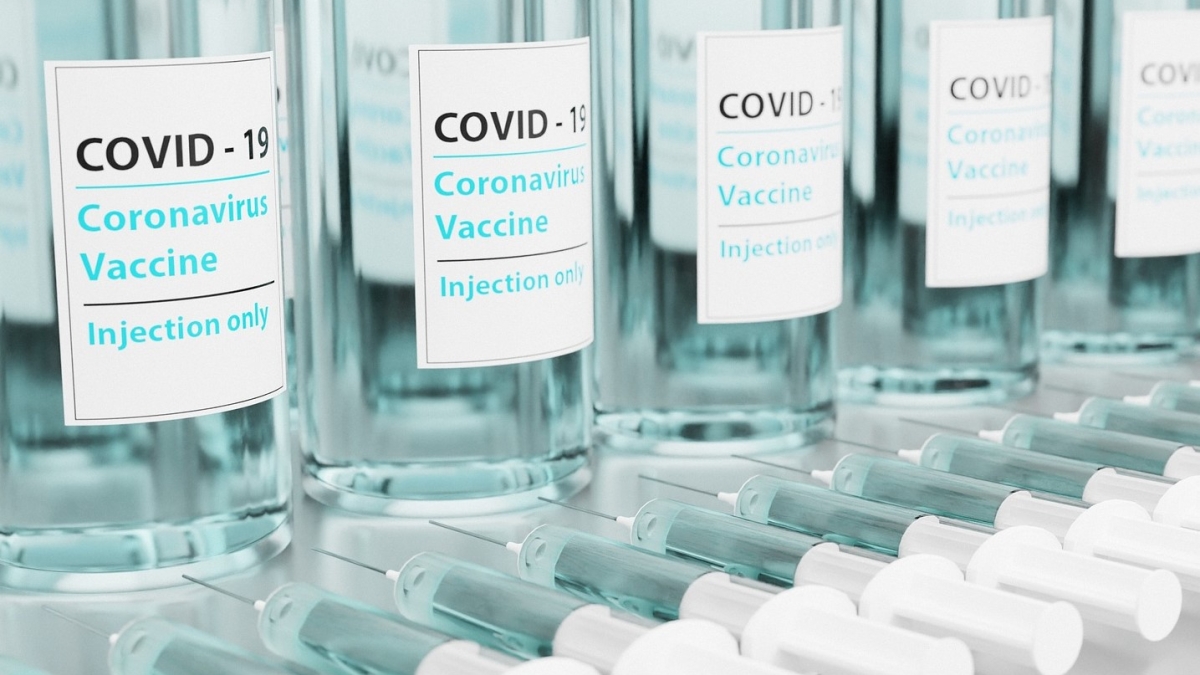9 out of 10 scientists in ASU survey say they have role in reducing public vaccine hesitancy

Photo courtesy Pixabay
Nine out of 10 U.S. academic scientists surveyed believe scientists have a part to play in reducing vaccine hesitancy among the public, a research team from Arizona State University’s Center for Science, Technology and Environment Policy Studies (CSTEPS) has found.
In addition, nearly nine in 10 said they believe deliberate dissemination of false information is a major source of public confusion about receiving vaccinations.
CSTEPS’ science communication platform, SciOPS (Scientist Opinion Panel Survey), recently reported results of the survey, which tabulated responses from 316 U.S. academics in science provided between April 4 and May 1. SciOPS researches opinions of thousands of experts in science, technology and innovation.
Findings were published in a research article titled “How Scientists View Vaccine Hesitancy.”
CSTEPS Director Eric Welch of ASU’s School of Public Affairs led a team of researchers from ASU and the University of Illinois, Chicago, in producing the three-section survey. Results were released in July. The first section regards vaccination policies, the second discusses the role of science and risk communication about vaccines, and the third details scientists’ views on reasons for declining vaccination rates and public confusion.
Welch said while many op-eds and interviews with scientists about vaccines have been posted, this study uniquely provides the aggregated opinions of hundreds of biology and public health experts.
“This allows us to better see the areas of consensus and controversy,” Welch said. “The results from our survey highlight that there are a diversity of opinions within the scientific community regarding how to improve science-society communication, including the need to be transparent and candid to the public about the risk of vaccines and their research.”
Biologists comprise 69.4% of the survey sample, while public health experts comprise 30.2%. The survey has a margin of error of plus-or-minus five percentage points.
Key findings of the survey include:
- 91% of the sample said they believe scientists have a role in reducing vaccine hesitancy among the public.
- A majority responded that lack of public trust in the U.S. government (73%) and in pharmaceutical companies (54%) are major reasons for declining vaccination coverage.
- A majority believe it is always ethical to communicate information about vaccines that has verifiable peer-reviewed scientific support (82%) and is fully transparent about scientific uncertainties (74%).
- Most believe deliberate dissemination of false information (87%) and lack of public understanding (70%) are the major sources of public confusion.
- About half (52%) of the respondents think entering into direct dialogue with the public is the most effective way for scientists to help reduce vaccine hesitancy.
The School of Public Affairs is part of the Watts College of Public Service and Community Solutions.
More Science and technology

Breakthrough copper alloy achieves unprecedented high-temperature performance
A team of researchers from Arizona State University, the U.S. Army Research Laboratory, Lehigh University and Louisiana State…

4 ASU researchers named senior members of the National Academy of Inventors
The National Academy of Inventors recently named four Arizona State University researchers as senior members to the prestigious…

Transforming Arizona’s highways for a smoother drive
Imagine you’re driving down a smooth stretch of road. Your tires have firm traction. There are no potholes you need to swerve to…

